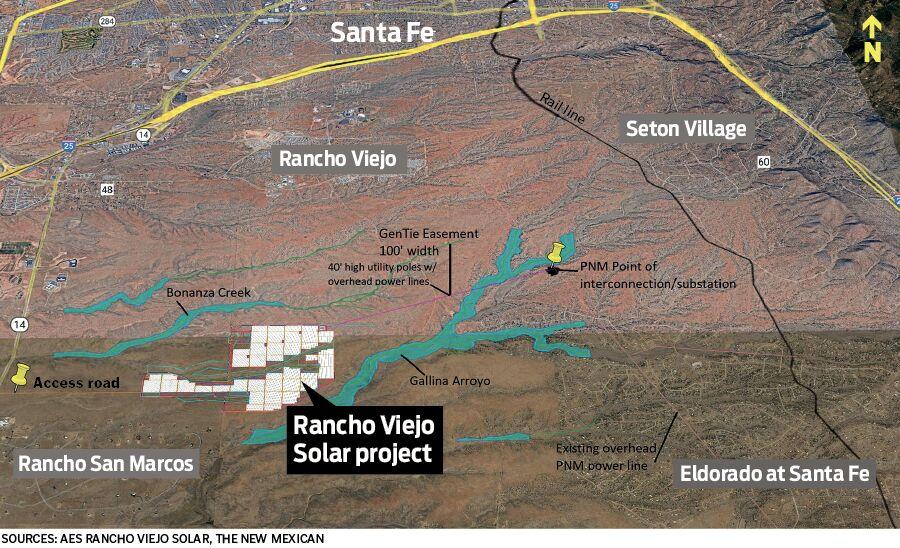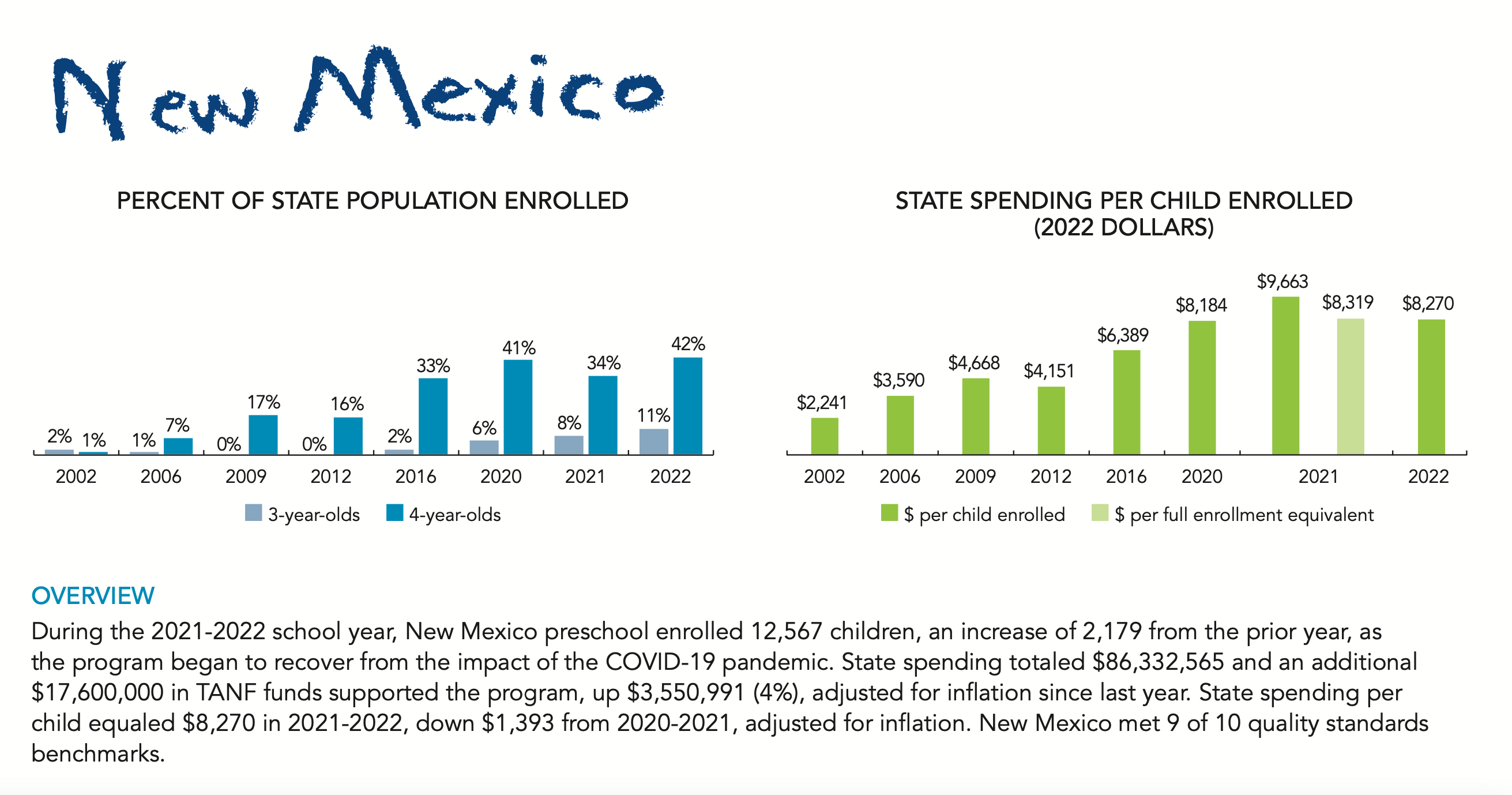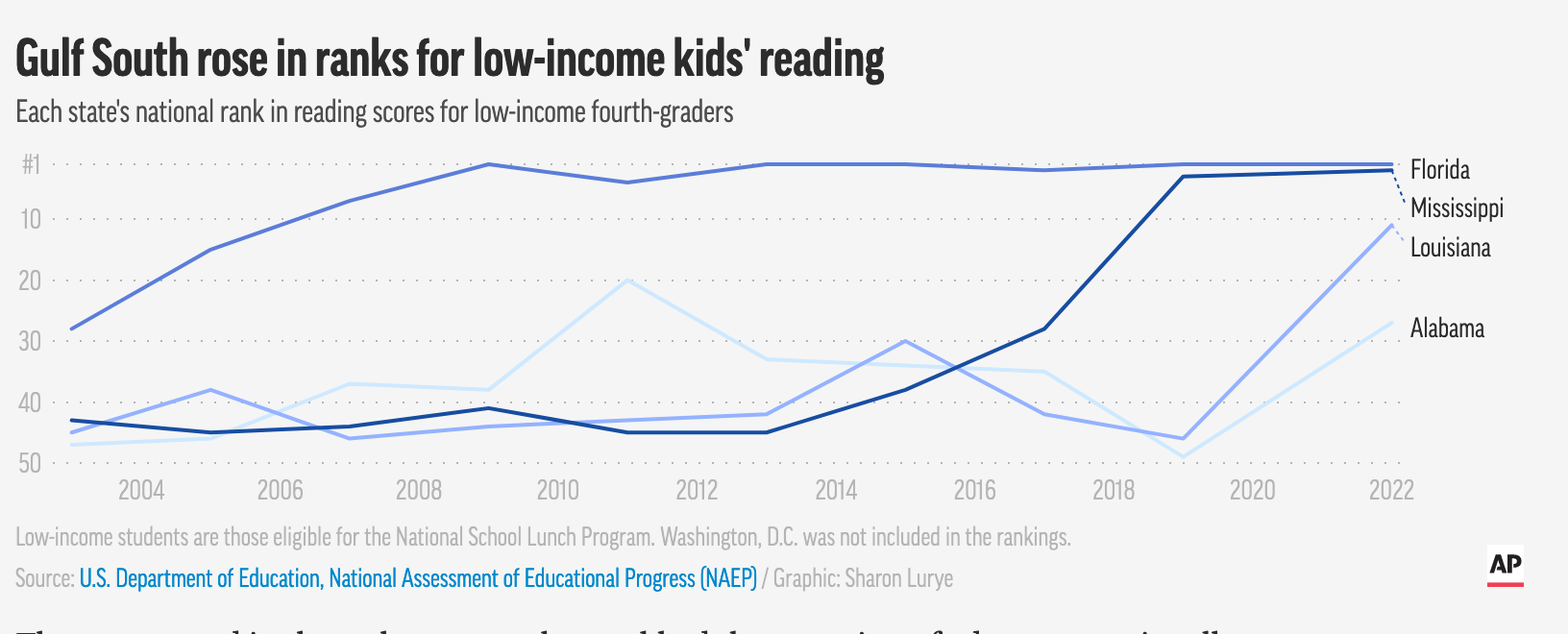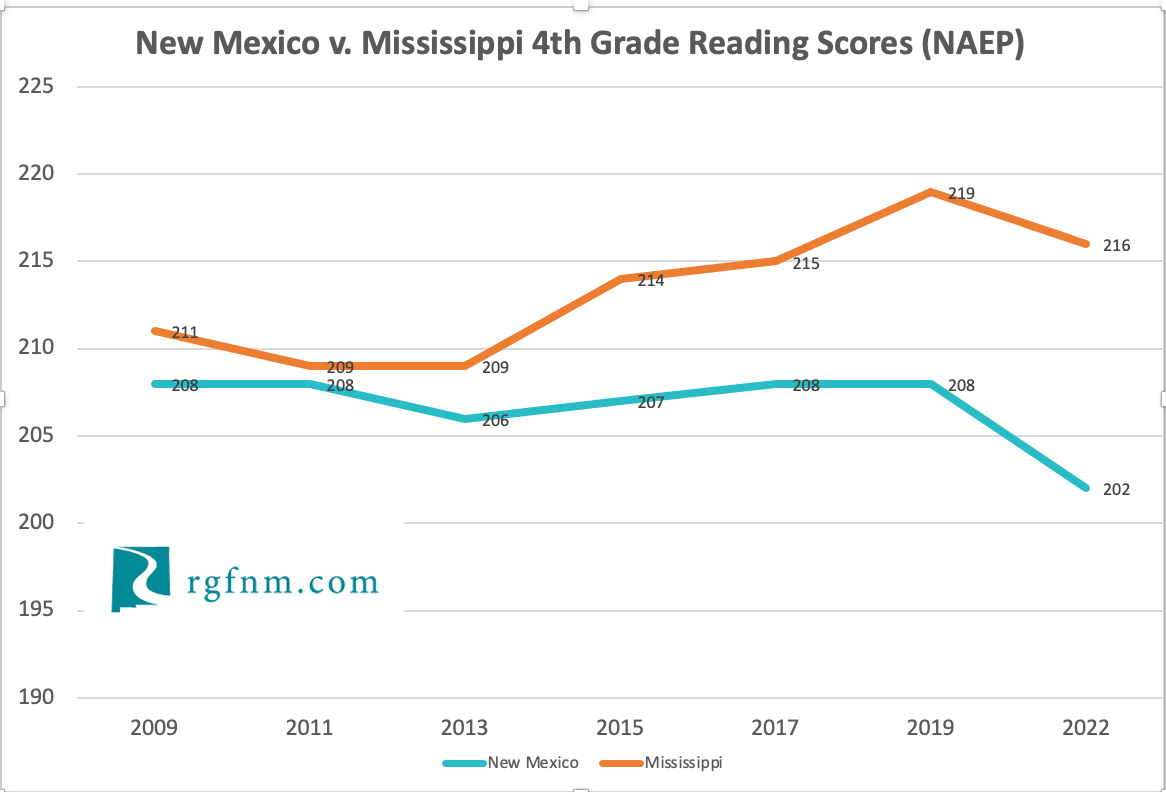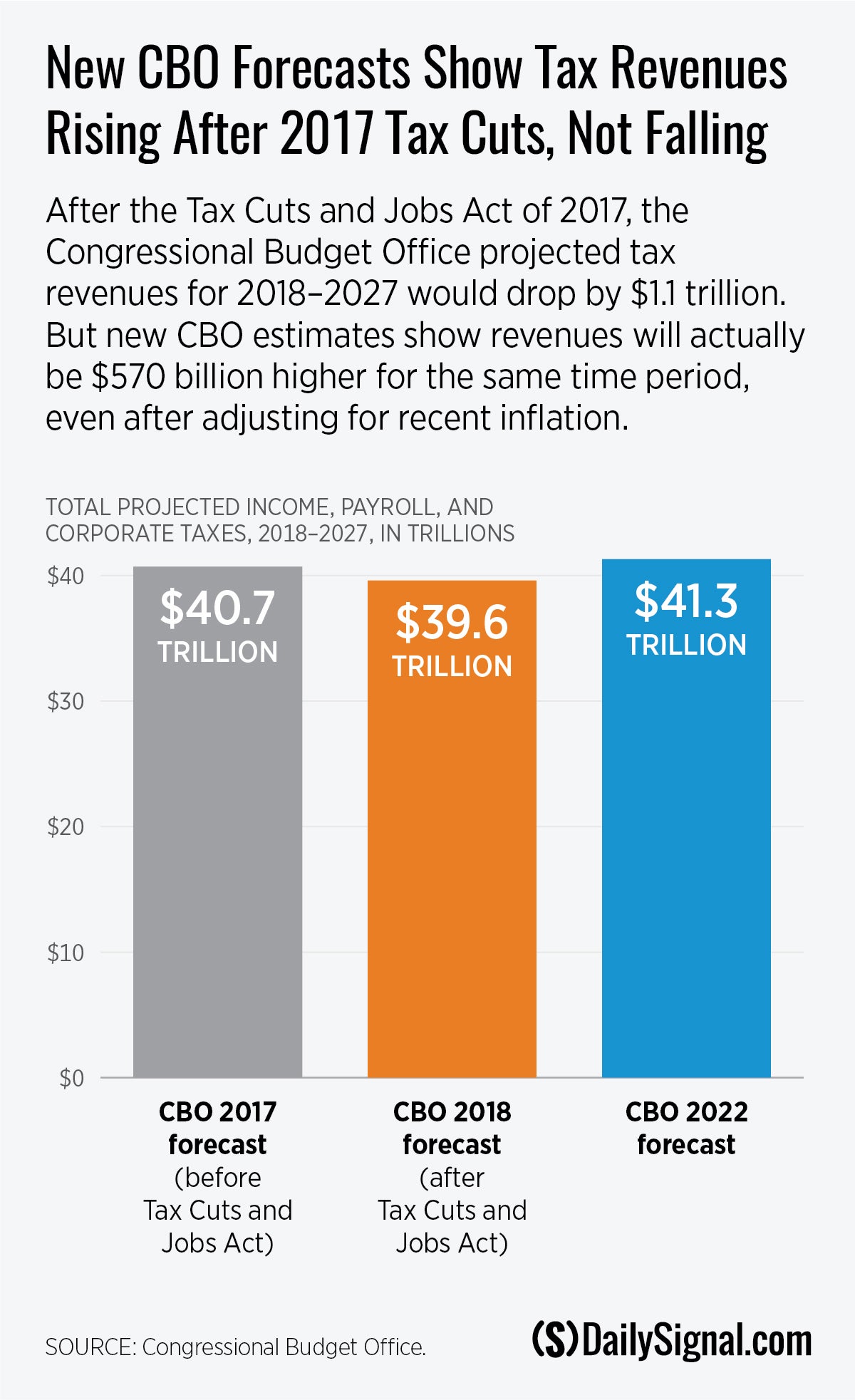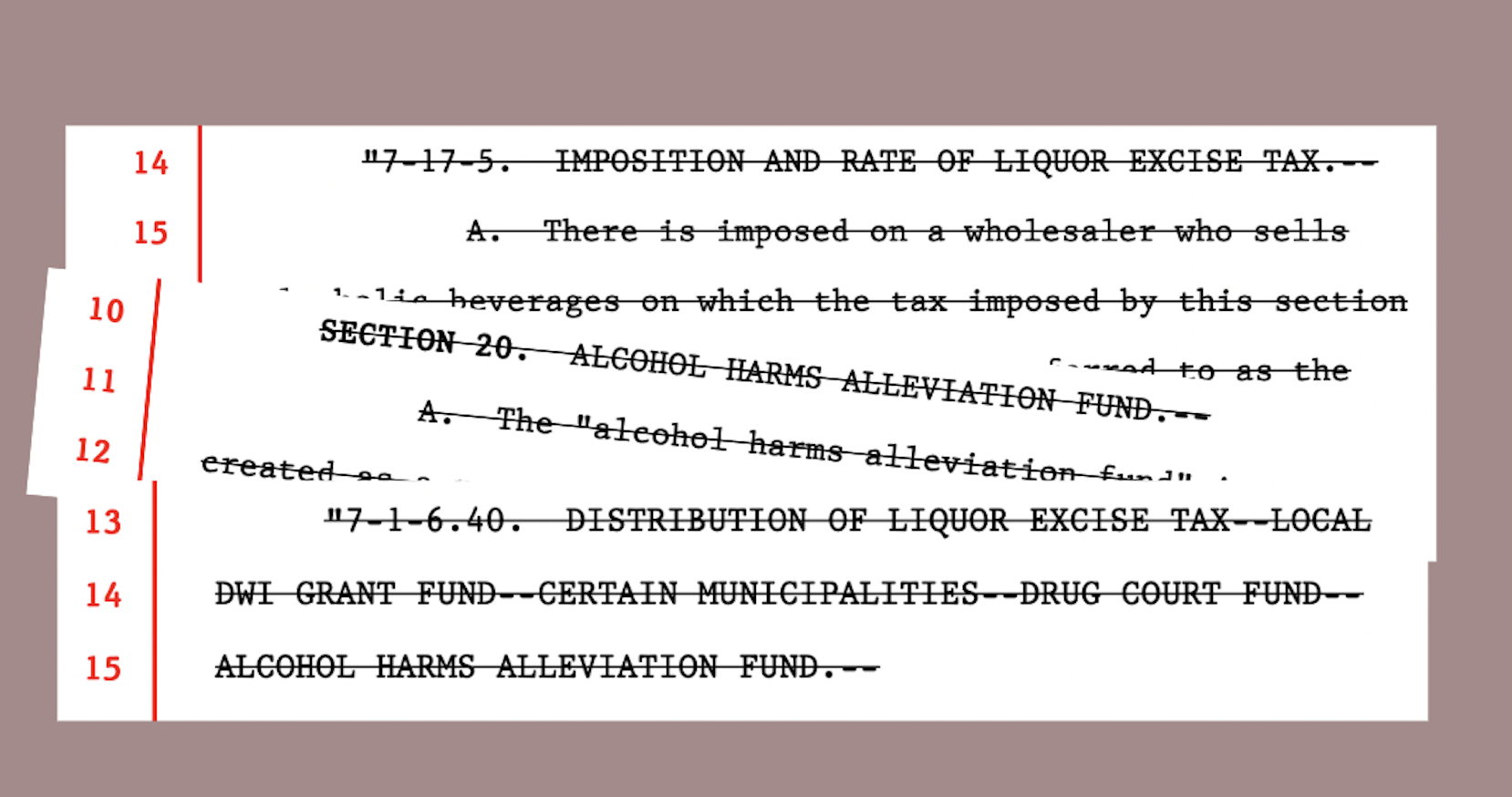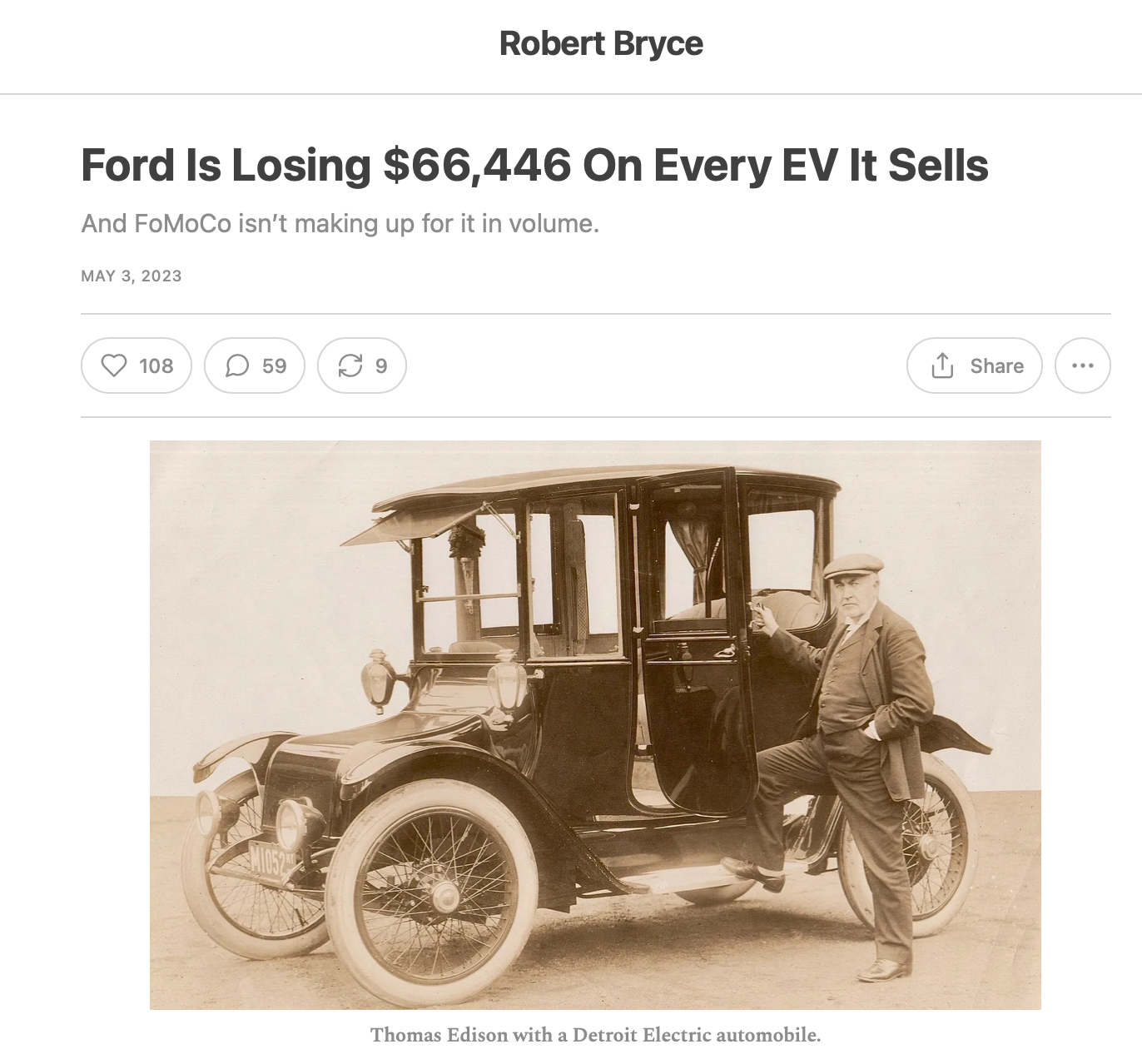Opinion piece: Legislature’s 529 expansion a positive step for New Mexico
05.30.2023
The following appeared in the Roswell Daily-Record on May 21, 2023.

The 2023 New Mexico legislative session was generally disappointing for New Mexicans who wish to see much-needed K-12 education reform. However, it was not a total loss. In fact, one bill did pass that could help thousands of New Mexico families pay for educational options that work best for them. Without a single “no” vote during the 2023 session, HB 342 will soon be the “law of the land.”
The bipartisan bill was sponsored in the House by Republican Minority Leader Ryan Lane and by Democrat Majority Leader Peter Wirth in the Senate. It was signed into law by Gov. Lujan Grisham, also a Democrat. HB 342 aligns New Mexico law with federal law as updated during the Trump Administration and recent legislation under the Secure 2.0 Act.
Over the years Congress has expanded the use of 529 plans to pay for kindergarten through 12th grade tuition and included student loan repayment and apprenticeship program expenses. And in 2023, Congress added a provision to allow rollovers of unused 529 plan funds into a Roth IRA for the beneficiary.
Starting on June 16 when this new law takes effect, New Mexico families will be able to deduct any contributions to their New Mexico sponsored 529 account that will be used to pay for up to $10,000 annually (per-child) on tuition expenses at an elementary or secondary public or private school (making them “qualified” expenses under New Mexico law).
Originally created to help families save for college, 529 plans have been helping families do that for years and will continue to do so into the future. For New Mexico residents, features include the fact that 100 percent of contributions to New Mexico’s plans are deductible from state taxable income in the year contributions were made to the account. If the account owner is a resident of New Mexico, then earnings and withdrawals from their 529 account are also exempt from state taxation.
New Mexico’s educational woes have been well-documented in numerous analyses. Families who are considering 529 plans or if they already have such a plan and want to know more about the latest changes can find out more at The Education Plan website https://theeducationplan.com. The Education Plan is New Mexico’s state-sponsored 529 education savings plan.
The website is informative and Rio Grande Foundation has undertaken its own efforts underway to educate New Mexicans, but it is up to families to either find this information for themselves or talk to a financial advisor.
If you have a child for whom the existing K-12 system is not working and you are considering the financial challenges of paying for school (in addition to the taxes you already pay to fund the schools), you should strongly consider looking at using a 529 plan.
This is especially true since the original purpose of 529 plans may not be as critical as in the past. That’s because many college costs in New Mexico are now covered thanks to the State’s “Opportunity Scholarship” program for “free” college. While nothing is truly free, the prospect of college being heavily subsidized by New Mexico taxpayers may change the financial equation for some New Mexico families who no longer need to prioritize saving for college and instead can use their 529 plan for K-12 tuition at a non-public school.
The Rio Grande Foundation has long been a proponent of increasing the educational options available to New Mexicans. While much work is to be done to improve educational options for families, we are pleased that New Mexico’s Legislature is allowing families to maximize the benefits of 529 plans for K-12 students. It is critical for parents of school-aged children to educate themselves on the benefits of these plans.
Paul Gessing is president of New Mexico’s Rio Grande Foundation. The Rio Grande Foundation is an independent, nonpartisan, tax-exempt research and educational organization dedicated to promoting prosperity for New Mexico based on principles of limited government, economic freedom and individual responsibility


